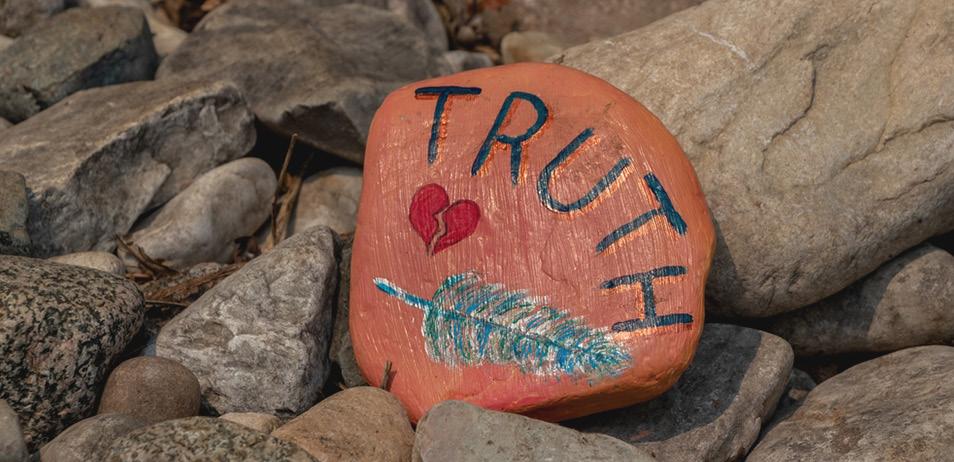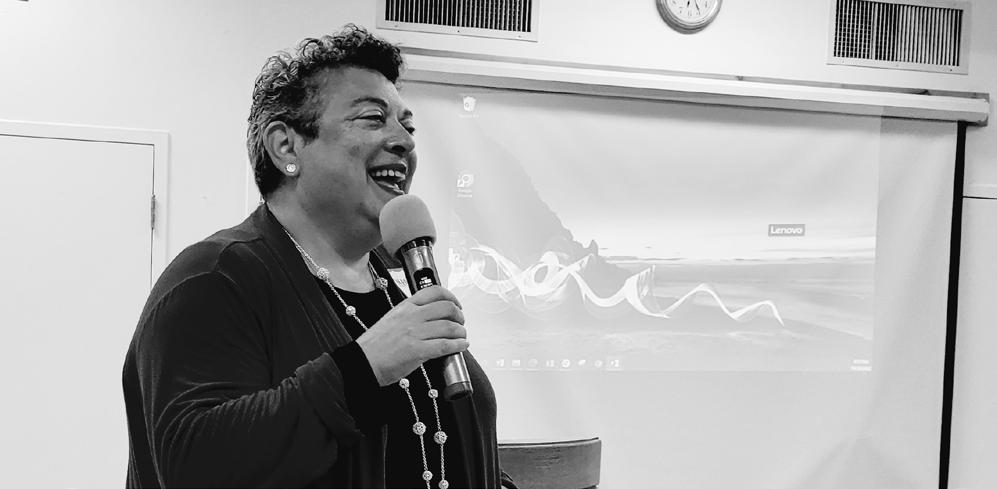
1 minute read
Commitment to Diversity & Inclusion
Inclusion and diversity are among our core values. For JFS, serving the community with the lens of inclusion and diversity means stepping into the unknown and being humble about our budding understanding, asking questions and learning, and creating a welcoming and trusting environment for our clients, staff, and volunteers.
Twice Blessed 2.0: The Jewish LGBTQ2SIA+ Initiative
Advertisement
Across all of the JFS organizational levels is the commitment to better understand the needs and experiences of people in our community so that we can better serve them and advocate with them. With that goal in mind, JFS partnered with JQT and the Jewish Federation of Greater Vancouver for Twice Blessed 2.0: The Jewish LGBTQ2SIA+ Initiative. The resulting 13 calls to action reflect the needs of Jewish LGBTQ2SIA+ individuals in Greater Vancouver, and highlight the necessary first steps in order to make JFS and other Jewish community spaces more welcoming, inclusive, and accessible.
We invite you to read and share the online version of the Twice Blessed 2.0 report found at www.jqtvancouver.ca/twice-blessed-2
Inclusion of Clients’ Voices
When the Client Advisory Committee was formed in 2019, our intention was to create opportunities for people we serve to share with us what works and what doesn’t. One of the recommendations was to improve communication and provide more regular updates. As a result, we launched a monthly Clients’ Newsletter fully planned and written by a client. This communication tool has shown to be a great vehicle to connect clients with our programs and services in a way that is inclusive, consistent, accessible, and clear.
In partnership with the Federation, we also hired Mara Shnay to conduct “Hear Us, We are Here,” a research project focused on homelessness in our community. Through this project we learned more about what the housing crisis is like for our community members, and developed a list of recommendations for changes in services.
Truth & Reconciliation

History can be a heavy burden; only when we discuss and challenge past ideas and policies can we create space for healing and a path to move forward. Understanding the history of Indigenous communities and our own role as settlers is essential for creating relationships with the land, local cultures, and each other.
In September 2021, we welcomed Karen Joseph, a Musgamagw Dzawada’enuxw social change-maker from Reconciliation Canada, who took JFS staff through an experiential learning session about the history of Indigenous people in Canada and our responsibilities in the process of reconciliation.











